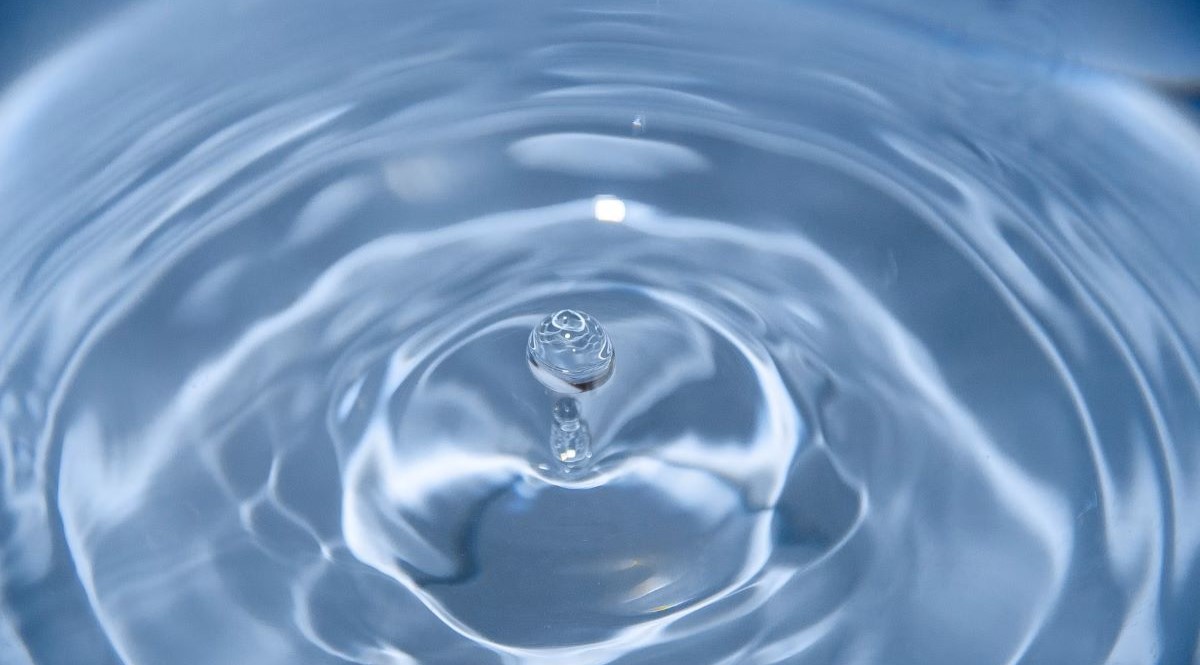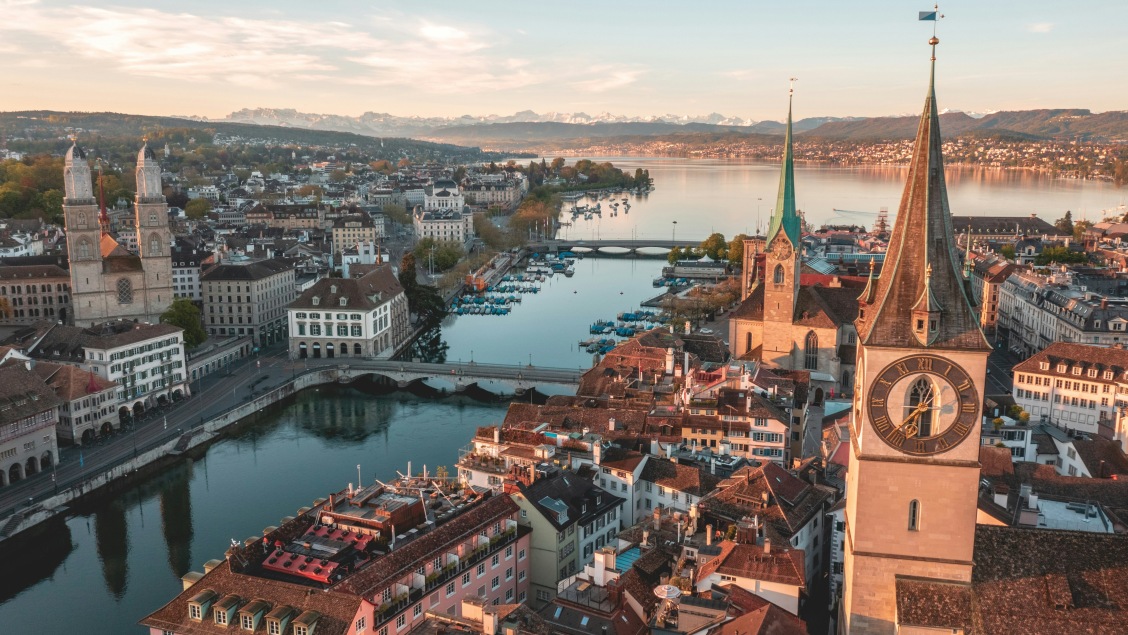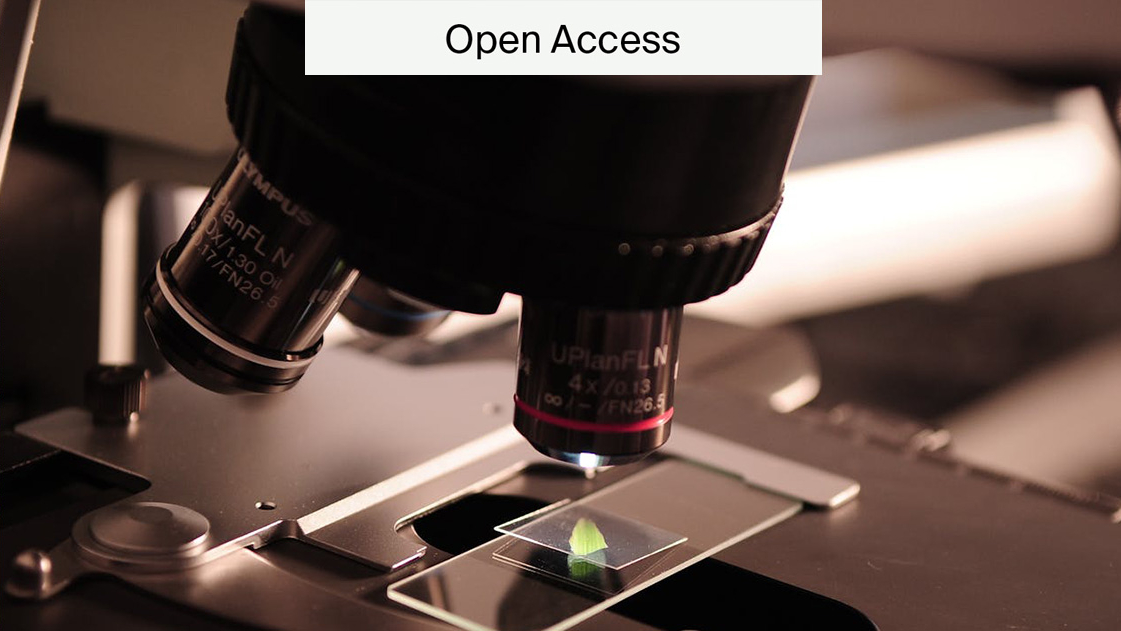
World Water Day: Leveraging Water for Peace
Water is an essential resource for sustaining life. Our dependence on water makes us extremely interdependent on each other on a global scale. This year’s World Water Day theme, Leveraging Water for Peace, draws attention to this interdependence.
The 2024 World Water Development report is being launched today; as we anticipate its findings, we’re thinking about how water scarcity has already and will continue to change relationships with and surrounding water at the community, national, and international levels.
Here at MDPI, we are committed to promoting sustainable practices and open communication around water. As such, to mark World Water Day this year, the MDPI journal Water hosted the 2024 MDPI World Water Day Webinar: Unconventional Water Resources. The key speakers covered a number of salient topics including the history of water management and peace, desalination, the Water-Energy-Food nexus and rainwater harvesting methods.
In this post, we explore the importance of peace in managing water scarcity and upholding Sustainable Development Goal 6 (SDG6), which aims to ensure the availability and sustainable management of water and sanitation for all by 2030, as well as the key ideas discussed during the MDPI Water webinar.
Outlining the problem: water and conflict
Water scarcity is already a reality for many today. Currently, over half of the world’s population experiences severe water scarcity for at least part of the year. Factors such as increased demand, misuse and pollution are just some of the reasons for the depletion of water resources. Variability in the global water cycle is also making it more difficult to predict water availability.
Though not considered a global crisis just yet, water scarcity affects every continent. Managing a challenge of this scale and importance requires a global response, especially as global freshwater demand is set to outstrip supply by 40% by 2030. Additionally, data indicate that half the world’s population may be living in areas facing water scarcity by 2025, with 1.8 billion people living in areas experiencing absolute water scarcity. (Water scarcity = annual water supply of less than 1,000 cubic meters of water per person; Absolute scarcity = annual water supply of less than 500 cubic meters of water per person.)
Scarcity and the existence of transboundary rivers, lakes and aquifers make global cooperation and diplomacy regarding shared water resources all the more important. Hence, the importance of World Water Day and this year’s focus on peace.
Water for peace
Water can be a trigger, weapon or casualty of conflict, making actions that promote peace all the more important. In practice, this year’s World Water Day theme highlights the need to leverage water through water-sharing agreements, ensure access to a safe and stable water supply even in disaster and conflict contexts and prioritize peaceful ways of managing our depleting water resources.
Access to safe water supplies becomes more difficult during conflict. Conflict contexts increase the likelihood of damaged water-delivery systems and unclean or polluted drinking water. This increases the level of danger faced by people living within fragile contexts. Additionally, prioritizing peaceful cooperation over transboundary rivers, lakes and aquifers today can aid in avoiding conflict and maintaining peace as the effects of water scarcity become more pronounced.
Today, over 3 billion people rely on water that crosses national borders. To guarantee a secure supply of freshwater, cooperation agreements are key. However, only 24 of the 153 counties that share rivers, lakes and aquifers have existing cooperation agreements. Ensuring greater cooperation can help to achieve SDG 6.5.2. which seeks to increase the “proportion of transboundary basin area with an operational arrangement for water cooperation.”The frameworks put in place now will help ensure that water conflict and water resources during conflict are managed equitably and humanely. Hence the need for a peace-prioritizing approach to water management.
2024 MDPI World Water Day Webinar: Unconventional Water Resources
Research is core to establishing best practice in water governance. Importantly the MDPI journal Water is dedicated to promoting leading research on topics concerning water governance, use, and cooperation. Additionally, events like this that bring researchers together to discuss the most pressing topics related to water today are pertinent to the future of water management.
The 2024 MDPI World Water Day Webinar included discussions on the history of water management, desalination, the Water-Energy-Food nexus and rainwater harvesting systems.
Below, we’ll explore these key themes in more detail, informed by the valuable presentations of each of the speakers.
The Minoans, peace, and desalination
Prof Dr. Andreas N Angelakis, Honorary Member and Distinguished Fellow of IWA (International Water Association), began the webinar by leading a discussion on the historical conceptions of water and management techniques related to water and peace.
Looking at the relationship between Minoans and their natural resources, including water, we gleaned an insight into the conceptions of nature among Minoan communities. Their understanding of the importance of harmony with nature to human existence provides an example for us today. Understanding the water cycle as well as grappling with our dependence on water might aid us in coming up with responses to future scarcity issues.
The Minoans are also thought to be one of the first civilizations to have developed and applied desalination technology. Desalinated water is an unconventional water resource that has not yet been meaningfully scaled for industrial use worldwide. Innovations are helping to streamline the processes that make desalination a costly and often time-consuming process.
As a result, countries are beginning to implement targets to increase their reliance on desalinated water in relation to total water sources. Singapore, for example, is looking to increase its resilience to current and future scarcity by increasing the share of desalinated water as a proportion of total water sources from 10% to 30%. Greece is also exploring desalination options to respond to greater water demands experienced during the summer months.
The Water-Energy-Food nexus
Prof. Dr. Andrea G. Capodaglio of the University of Pavia and Fellow of the International Water Association is interested in ways to recover energy and materials from wastewater, with a focus on sustainability.
During the webinar, he spoke on the current state of research related to the interconnectedness of three basic resources: water, energy, and food, which in the literature is referred to as the Water-Energy-Food (WEF) nexus.
We’ve provided just a couple of the most interesting insights that illustrate the main ways that water, energy, and food are interconnected below.
- 90% of global power production is water intensive, whether for direct generation or as a heat vector; more sustainable options like biofuel production also require water. Identifying sustainable and resource-efficient methods for producing fuel and recycling water are therefore key.
- 30% of global energy consumption is used for food production; 70% of global freshwater resources are used in agriculture. Better managing agricultural production and waste can help save water and reduce fuel demands.
Research on the impact of droughts
The summer of 2022 was considered Europe’s worst dry spell in 500 years. River Po, the longest of Italy’s rivers, experienced reduced flow speeds of 175m3/s in July 2022, compared to its historical average of 2,000m3/s. Resultantly, the availability of hydropower reservoirs dropped to a 25-year low. In the same year, the American West experienced its most severe droughts in 1200 years.
Droughts lead to a lack of surface water, which leads to a greater demand for groundwater extractions which can reduce soil quality for agriculture and requires higher energy use. Building resilience within the WEF Nexus so we’re equipped to manage the consequences of such events is key.
Generating solutions
Positively, understanding the WEF nexus can provide the necessary insights to adapt to water shortages. Water recovery can help to generate new avenues for energy production, for example. Exploiting the potential of thermal energy held in sewer waters can lead to net energy production in water-treatment centers.
From this perspective, there are also a wealth of opportunities to grow the water industry; estimates suggest that 60-70% of the water sector’s value is un-/underexploited. Adopting reuse solutions such as fertigation can compensate for freshwater shortages in agriculture and reduce the need for mineral fertilizer applications due to the amount of nutrients present in wastewater. In industrial settings, the zero leakage approach aims to recover all water used in industrial processes. Additionally, ammonia—found in wastewater—has a high energy density that can be put to use in large engines.
By tapping into these unexploited areas, we could promote the wide-scale adoption of circular economies across the lifecycle of a number of products, better navigating the water, food and energy nexus.
Rainwater harvesting: Changing approaches?
Dr. Chicgoua Noubactep is an associate professor at the Department of Applied Geology of the University of Göttingen. His expertise is in water management, with an emphasis on rainwater harvesting (RWH).
RWH is the collection and storage of rain for reuse. As Dr. Noubactep explains, it has not yet been widely enough adopted. Realistically, we tend to prioritize harvesting surface water, followed by extracting groundwater, and then harvesting rainwater. This is despite the less intensive treatment needs of rainwater harvesting.
Rainwater harvesting is not new. This was a common practice in Togo centuries ago, and is still common today across the African continent, including in Tanzania, where it is particularly useful in agriculture.
Due to the costs of scaling rainwater harvesting, decentralized options with water management taking place on a smaller scale are ideal in these areas. The self-reliance brought about by investment in RWH can alleviate water scarcity problems that exacerbate and are exacerbated by poverty. Dr. Noubactep emphasized that rainwater harvesting has been successfully implemented in a number of other countries too, including Brazil, China, India, Nepal and Sri Lanka. Learning from these processes, and accounting for the importance of rain within the global water cycle might be key to increasing water resilience.
Further research
Many of MDPI’s journals, specifically Water, aim to understand the impacts and realities of water availability today as well as future solutions for what has been termed the water crisis. A number of Special Issues linked to the subject matter explored in the webinar have been launched.
The Special Issue “Water Scarcity: From Ancient to Modern Times and the Future, Volume II” looks at the histories and future prospects of water management. The scope of this Special Issue includes historical water management techniques/systems and the identification of current challenges as well as viable solutions.
Wastewater treatment is another hot topic at the moment. Techniques for recycling wastewater are crucial to the sustainable management of our water resources. You can read all about wastewater management in our recent blog article. Alternatively, the Special Issues “Desalination and Waste/Water Treatment” and “Wastewater Treatment: Advanced Methods, Techniques and Processes” are currently open for submissions, covering topics such as desalination and brine management, advances in wastewater water treatment and water purification.
For researchers interested in submitting their work, all of the Special Issues mentioned above are open for submissions until mid-2024.
Supporting water research
To support the global effort to manage water scarcity equitably and peacefully and ensure the availability and sustainable management of water and sanitation for all by 2030, MDPI is committed to promoting and publishing leading Open Access research.
You can review the World Water Development report 2024 on the UN Water website. And if you’re interested in learning more about the themes covered in this post, you can access MDPI’s journals and our previous blog posts.










